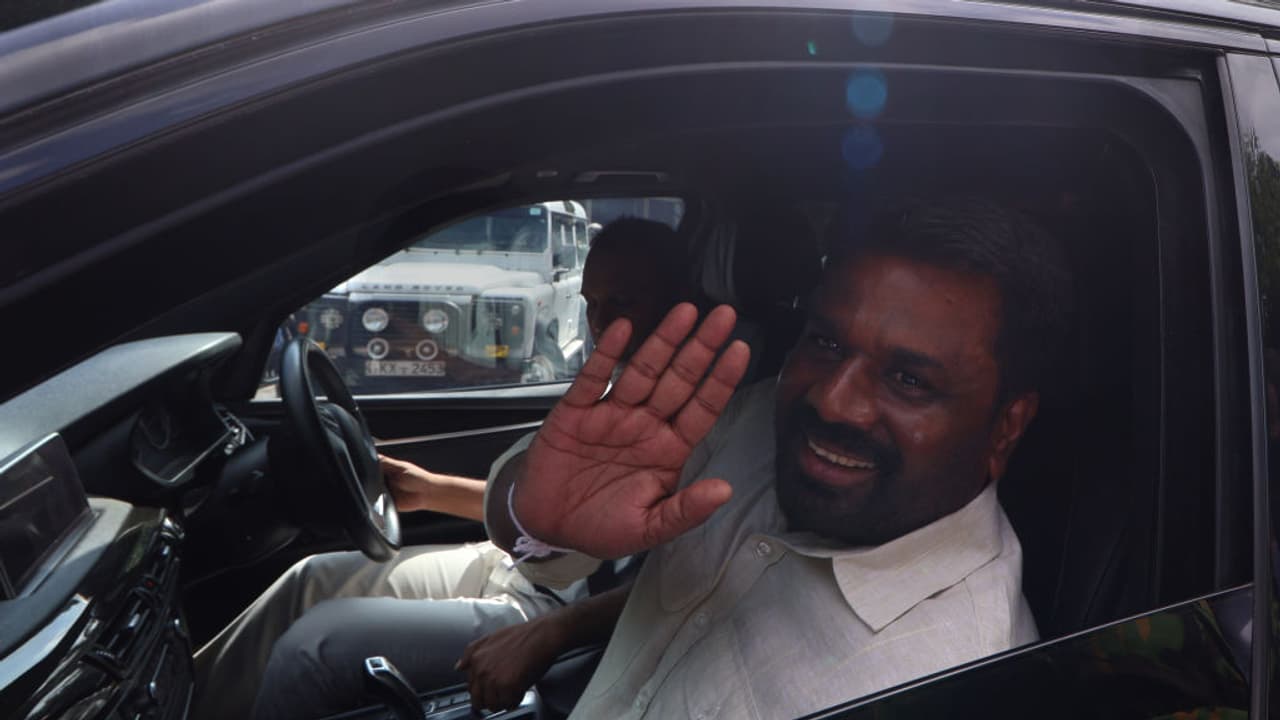Sri Lanka’s new Marxist-leaning President, Anura Kumara Dissanayake, has secured a majority in parliament, according to official election results released on Friday.
Sri Lanka’s new Marxist-leaning President, Anura Kumara Dissanayake, has secured a majority in parliament, according to official election results released on Friday. His National People’s Power Party (NPP) won at least 123 of the 225 parliamentary seats, based on partial results from the Elections Commission.

In contrast, the opposition-led Samagi Jana Balawegaya (United People’s Power Party), headed by Sajith Premedasa, won 31 seats.
Dissanayake, who assumed the presidency on September 21, was elected after rejecting the traditional political parties that have ruled Sri Lanka since its independence in 1948. Despite securing only 42% of the vote in the presidential election, his party saw a significant boost in support in the parliamentary elections just two months later.
Jaffna win blow for ethnic Tamil parties
In a stunning development that signals a major shift in Sri Lanka’s electoral landscape, President Anura Kumara Dissanayake’s party secured a victory in the Jaffna district, the heart of the ethnic Tamil population in the north, along with several other minority strongholds.
Political parties that have long supported the vanquished Liberation Tigers of Tamil Eelam (LTTE) and continue to advocate for separatist causes suffered significant setbacks, despite securing a few seats. The NPP bagged three of the told six seats in Jaffna.
This win in Jaffna is a significant blow to the traditional ethnic Tamil parties that have dominated northern politics since the country’s independence. It also reflects a change in the attitudes of Tamils, who have historically been wary of Sinhalese-majority leaders.
The Tamil ethnic group had fought a protracted civil war from 1983 to 2009 in an attempt to establish a separate homeland, citing marginalization by Sinhalese-controlled governments. The conflict, which resulted in over 100,000 deaths, according to conservative UN estimates, ended without achieving the Tamil rebels’ goal.
“This is not a slap on the face of pro-LTTE diaspora but a body blow to them,” Arul, the editor of the editor of Jaffna Monitor was quoted as saying in a The Federal report.
NPP steals the thunder
The NPP also claimed two of the four seats in Trincomalee in the east and two of the six seats in the Vanni electoral district, where the brutal separatist war ended in 2009. The remaining four seats in Vanni were split among other parties.
In Nuwara Eliya, located in the heart of Sri Lanka and home to hundreds of thousands of Indian Tamil-origin tea plantation workers, the NPP made a stunning sweep, securing five of the eight seats, surprising both allies and opponents of the ruling party.
Overall, the Ilankai Tamil Arasu Katchi (ITAK), commonly known as the Federal Party, came in second in the Tamil-majority areas of the north and east.
Under Sri Lanka’s proportional representative electoral system, 196 of the 225 parliamentary seats were up for grabs, with seats allocated to parties based on the proportion of votes they received in each district. The remaining 29 seats, known as national list seats, are distributed among parties and independent groups according to the proportion of total votes they received nationwide.
